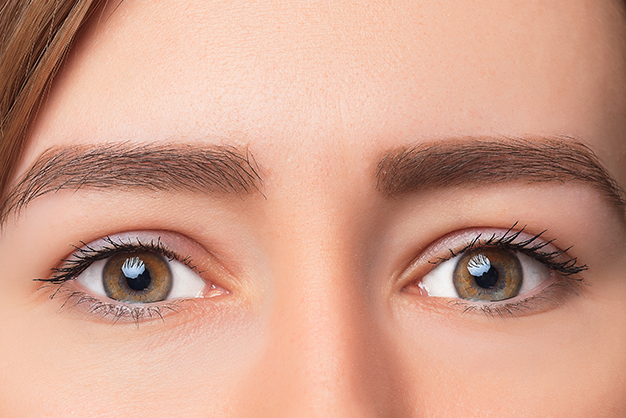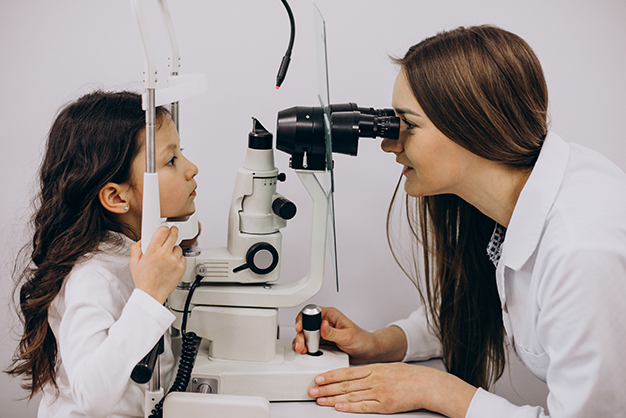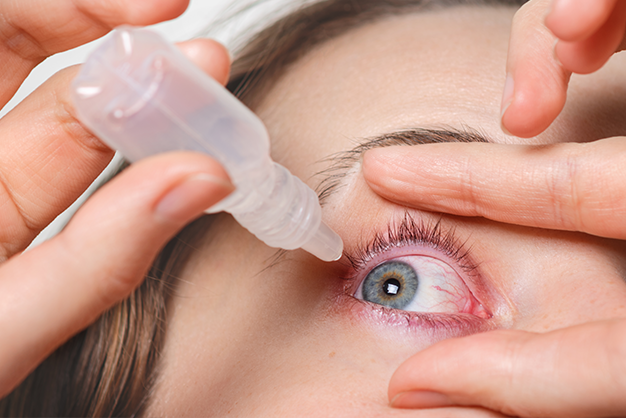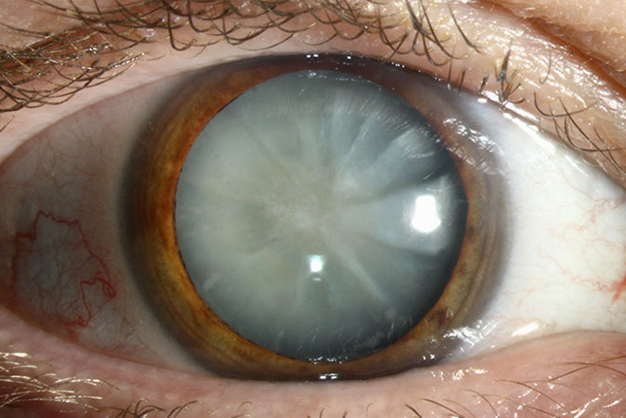Introduction :
Our eyes are not only windows to the world but also crucial indicators of our overall health. Routine eye exams play a pivotal role in preserving vision, detecting eye conditions in their early stages, and uncovering potential signs of systemic health issues. In this article, we delve into the significance of routine eye exams, emphasizing their role in early detection and prevention for optimal eye health.
The Gateway to Clear Vision: Routine Eye Exams Unveiled :
Routine eye exams extend beyond merely checking visual acuity. They encompass a comprehensive evaluation of the eyes, examining various aspects such as refractive errors, eye alignment, and the overall health of the eye structures. These exams are essential for individuals of all ages, from children to seniors.
Early Detection of Refractive Errors: A Foundation for Clear Sight :
One of the primary purposes of routine eye exams is to identify and correct refractive errors. Whether nearsightedness, farsightedness, or astigmatism, addressing these issues early can prevent visual discomfort, headaches, and enhance overall visual clarity. Prescribing corrective lenses or recommending refractive surgeries like LASIK can significantly improve visual acuity.
Detecting Eye Conditions in Their Infancy: The Power of Early Intervention :
Eye conditions such as glaucoma, cataracts, and macular degeneration may not exhibit noticeable symptoms in their early stages. Routine eye exams enable eye care professionals to detect these conditions early on, facilitating timely intervention and preventing irreversible damage. Early detection is particularly crucial for preserving vision and quality of life.
Monitoring Eye Health for Diabetic Patients: A Preventive Approach
Individuals with diabetes are at a higher risk of developing diabetic retinopathy—a condition that can lead to vision loss if left untreated. Routine eye exams are vital for diabetic patients as they help monitor the health of the retina and detect signs of diabetic retinopathy early, allowing for timely management and prevention of vision impairment.
Children's Vision: A Crucial Developmental Phase :
Routine eye exams are especially critical for children as they are continuously developing visual skills. Early detection of issues like amblyopia (lazy eye), strabismus (misaligned eyes), or refractive errors can prevent long-term vision problems and support proper visual development throughout childhood.
Systemic Health Clues in the Eyes: A Comprehensive Approach :
The eyes offer valuable insights into one's overall health. Routine eye exams can reveal signs of systemic conditions such as high blood pressure, diabetes, and even certain neurological disorders. Identifying these signs early on allows for prompt referral to other healthcare professionals for comprehensive care.
Personalized Preventive Measures: A Holistic Approach to Eye Health :
Routine eye exams enable eye care professionals to provide personalized preventive measures based on an individual's eye health, lifestyle, and family history. Whether it's recommending protective eyewear for specific activities or discussing lifestyle changes, these preventive measures contribute to long-term eye health.
Conclusion :
Routine eye exams are not just about assessing visual acuity; they are a comprehensive tool for early detection and prevention of eye conditions, supporting overall health and well-being. Scheduling regular eye exams is a proactive step toward preserving clear vision, addressing potential issues before they escalate, and fostering a lifetime of healthy eyes. Remember, your eyes are irreplaceable, and routine eye exams are your partner in ensuring they serve you well for years to come.
.pdf%20300X60%20PX-02-02.svg)



